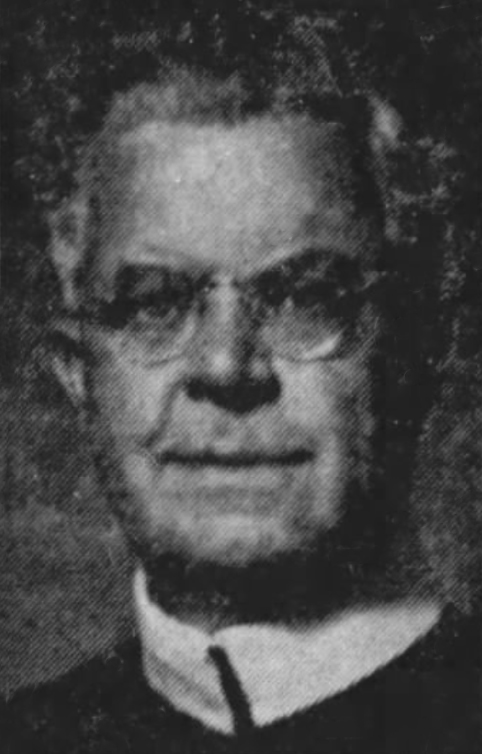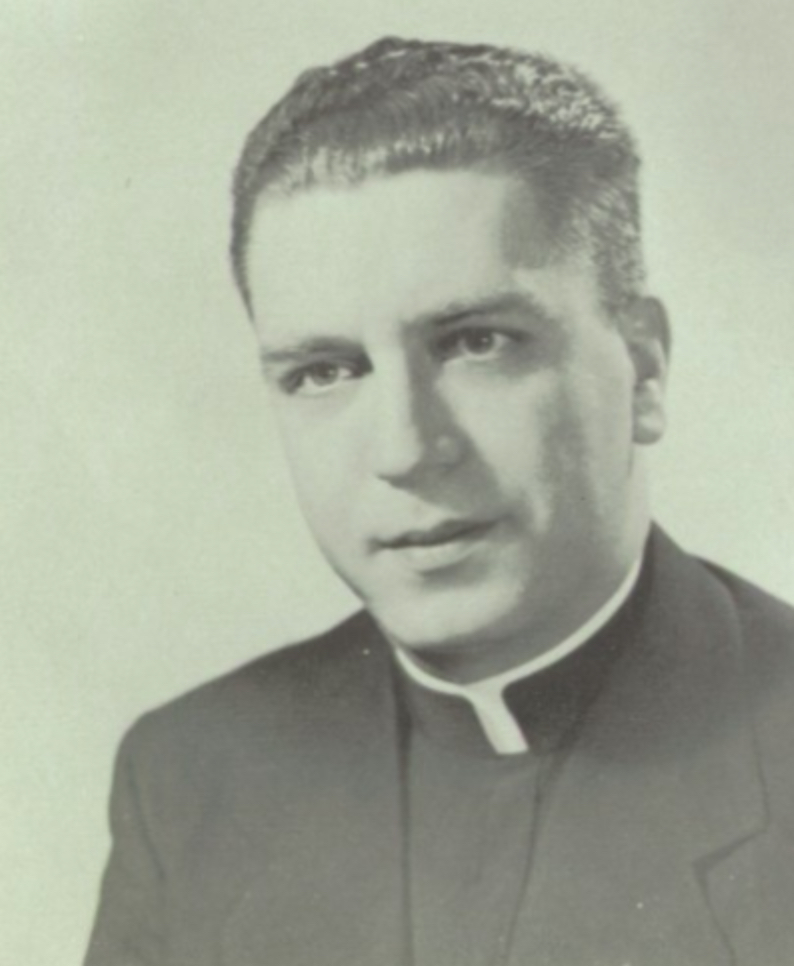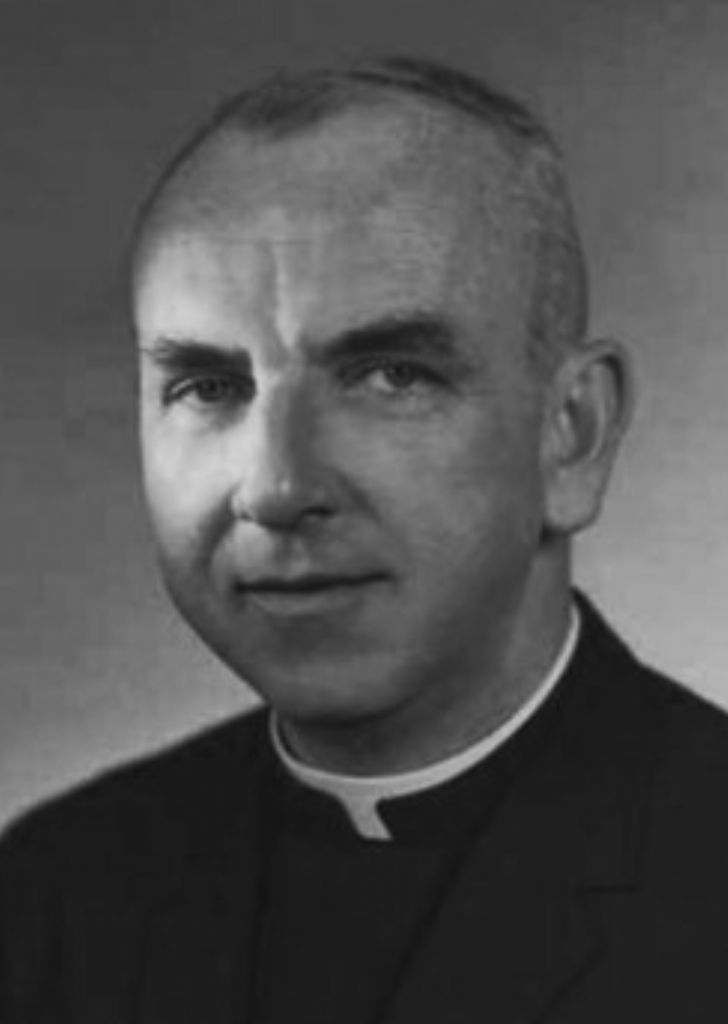Diocese of Harrisburg
The Roman Catholic Diocese of Harrisburg serves a Catholic population of 230,000, covering fifteen counties in central Pennsylvania, including Adams, Columbia, Cumberland, Dauphin, Franklin, Juniata, Lancaster, Lebanon, Mifflin, Montour, Northumberland, Perry, Snyder, Union and York. There are 89 parishes in the Diocese, including two basilicas and one cathedral, as wells as 33 elementary schools, five secondary schools, two K-12 schools, and one hospital.
In 2018, the Pennsylvania Grand Jury uncovered evidence of sexual abuse of minors committed by dozens of priests in the Diocese of Harrisburg, as well as evidence showing that bishops and other administrators not only knew of this conduct, but regularly placed the priests in ministry following a complaint of child sexual abuse. Detailed examples of specific cases of child sexual abuse perpetrated by Father Augustine Giella, Father Arthur Long, and Father Joseph Pease are also included. Read the complete 2018 Pennsylvania Grand Jury Report.
You Are Not Alone. We Are Here to Help You.
From simply listening to your story without judgment to assistance navigating the complexities of compensation programs and statutes of limitations, we are ready to help Pennsylvania child sex abuse survivors find justice and healing. Our law firm of legal professionals and advocates has more than three decades of experience working with survivors of sexual abuse and litigating cases against Catholic dioceses and religious orders nationwide. Contact us today. Your information will remain completely confidential.
Share your story. Take legal action. Call us today.
215-515-6174 | 7 Great Valley Parkway, Suite 290, Malvern, Pennsylvania, 19355
Clergy accused of child sexual abuse in the Diocese of Harrisburg.
The list below contain the names of clergy who were assigned within or working in the Pennsylvania Diocese of Harrisburg who have been accused of sexual misconduct. While lawsuits were filed involving many of these alleged perpetrators, the vast majority of the claims against these individuals have been settled or have not been fully evaluated in a civil or criminal court. Accordingly, the allegations should be considered just allegations and should not be considered proved or substantiated in a court of law.
All individuals should be considered innocent until proven guilty. In some situations, the statute of limitations has expired preventing cases from being heard in a court of law. The information contained herein is an attempt to compile information already available to the public including information obtained from the media, www.bishopaccountability.org, the Diocese’s public statements, lists and reports that were released to the public, and other sources that have attempted to chronicle this information for public use.





